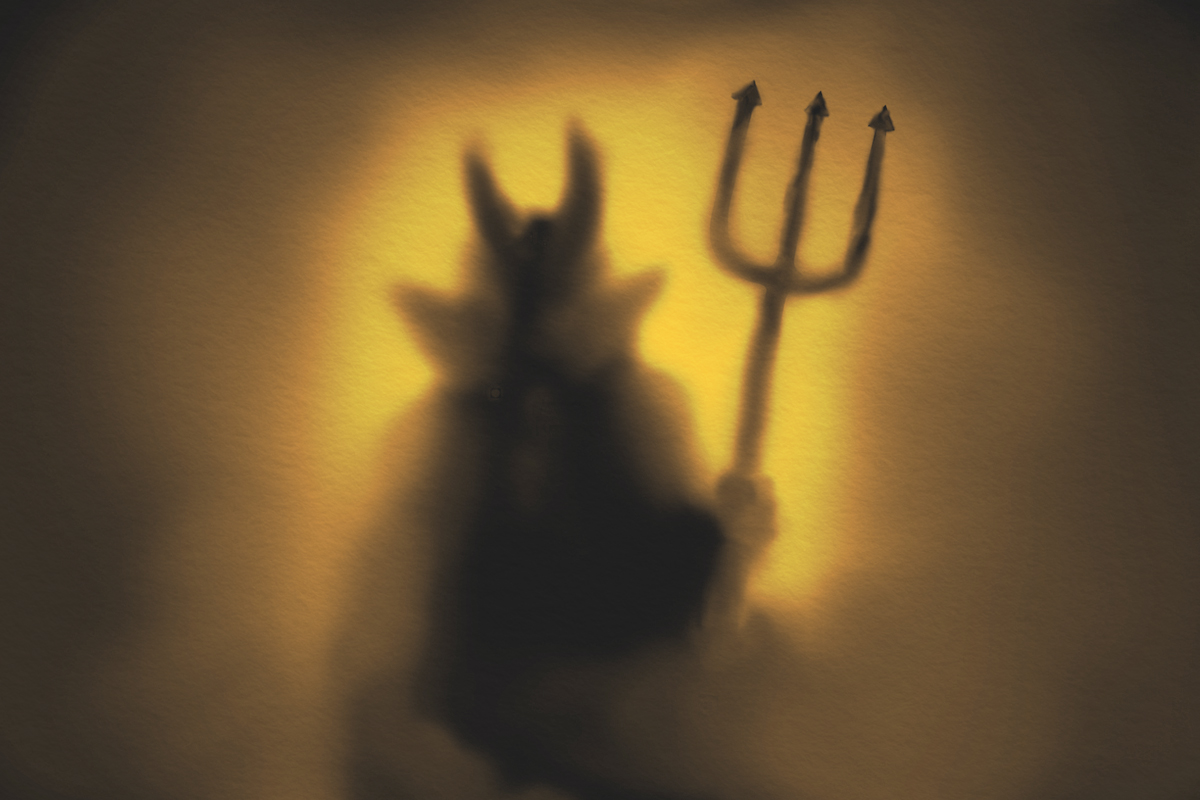
How do you like your eggs? Scrambled, poached, fried, steamed, boiled, or deviled? We don’t ever bring Beelzebubbed or Luciferized eggs to the potluck, so why do we call that last preparation of eggs “deviled”? As with so much in life, the devil is in the details — in this instance, recipe ingredients.
In the 13th century, stuffed eggs were commonly served in what is now Spain. A cookbook from that era includes a recipe to grind up boiled egg yolks with cilantro, onion juice, pepper, coriander, and fermented fish sauce. By the 15th century, similar recipes were popular throughout Europe. But why “deviled”?
The New Testament describes hell as a “fiery furnace,” a place of “unquenchable fire,” and a place of “eternal fire prepared for the devil and his angels.” Near the end of the 18th century, “devil” appeared in a culinary context in Great Britain, with reference to any spicy food. Soon thereafter, “to devil” became a verb for making food spicy. In 18th-century England, stuffed eggs came to be called “deviled” because more spices were being added. Spices were becoming more accessible to average people, and any foods that were heavily spiced were called “deviled” at this time.
Today’s standard deviled egg recipe — which didn’t become popular in the United States until the 1940s — calls for a heavy helping of mayonnaise and nothing spicier than a dash of paprika, but more adventurous chefs might turn up the temperature with hot ingredients such as jalapeňos, sriracha, cayenne pepper, Tabasco sauce, spicy relish, or chili powder.
The devil also raises his horned head in a culinary context in “devil’s food cake,” which was created in the second half of the 19th century as the counterpoint to the white sponge cake known as “angel food cake.”
The original recipe made it as dark as angel food cake is white, by adding molasses and spices to the batter. Modern recipes for devil’s food cake include cocoa powder, chocolate baking squares, butter, sugar, sour cream, buttermilk, and heavy cream, making it a decadent treat — suitable for the devil himself.

















